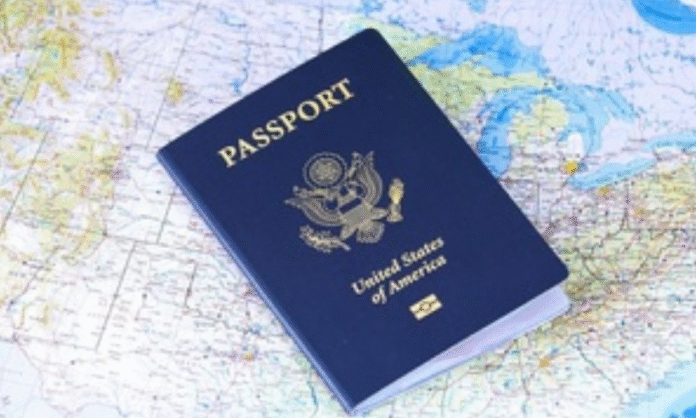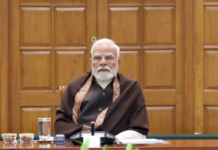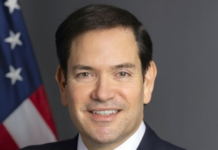NEW DELHI– The United States passport has fallen out of the top 10 most powerful passports in the world for the first time since the Henley Passport Index was launched two decades ago. With visa-free access to 180 of 227 destinations, the U.S.—which held the top spot in 2014—is now tied with Malaysia for 12th place.
According to the latest Henley Passport Index, based on data from the International Air Transport Association (IATA), Singapore continues to lead the rankings with visa-free access to 193 destinations, followed by South Korea with 190 and Japan with 189.
Analysts attribute the U.S. decline to several recent changes in visa access. These include Brazil’s withdrawal of visa-free entry earlier this year, exclusion from China’s expanding list of visa-waiver countries, and new entry restrictions by Myanmar and Papua New Guinea. More recently, Vietnam’s decision to omit the U.S. from its new visa-free program and Somalia’s rollout of an eVisa requirement further dented the American passport’s global standing.
The United Kingdom also slipped in the rankings, falling from sixth to eighth place since July—its lowest position since it topped the index in 2015.
Despite its citizens enjoying visa-free access to 180 destinations, the U.S. allows entry to only 46 nationalities without a visa. The Henley Openness Index, which ranks nations by their receptiveness to foreign travelers, places the U.S. at 77th worldwide.
The U.S. now trails Australia and only slightly edges out Canada, New Zealand, and Japan in terms of openness relative to global travel privileges.
Meanwhile, China has significantly improved its standing over the past decade. It has added 37 visa-free destinations since 2015, climbing from 94th to 64th place in the global ranking. On the Henley Openness Index, China now stands 65th, offering visa-free entry to 76 countries—30 more than the United States.
Beijing’s recent agreements with Russia, the Gulf states, several South American nations, and European partners underscore its growing emphasis on global mobility and openness. (Source: IANS)














